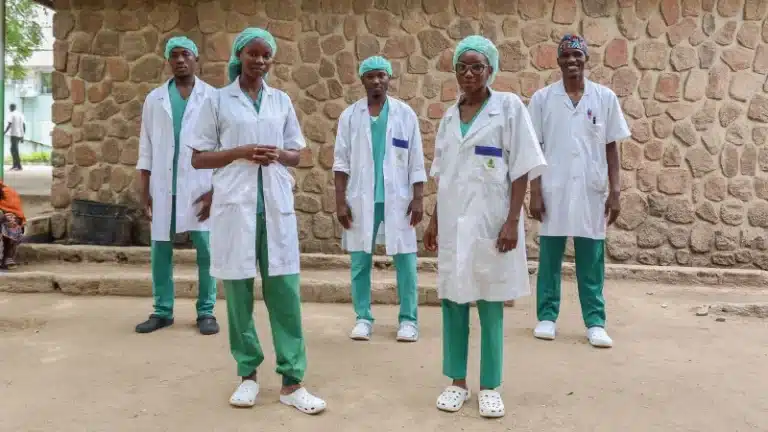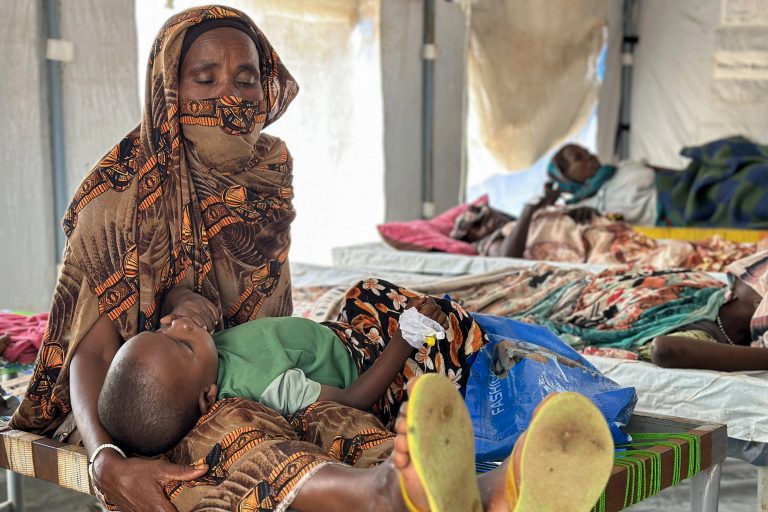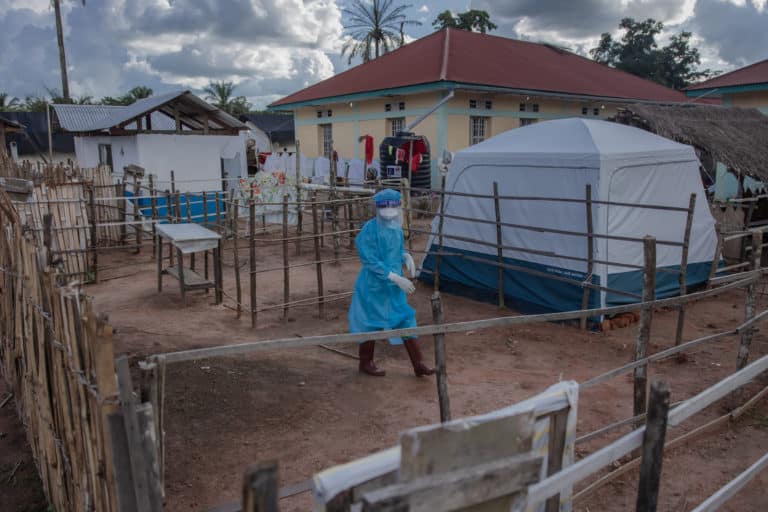In an analysis on how NGOs are adapting their practices to address climate challenges and North-South relations, The Conversation cites ALIMA as an example of a transition toward a more sustainable model.
In 2020, nearly 30% of ALIMA’s carbon footprint came from procurement. To reduce this impact, our teams now prioritize purchasing medical supplies as close as possible to intervention areas and replace air transport with sea freight whenever possible.
These initiatives are part of a broader effort to transform humanitarian practices, making them more environmentally responsible while maintaining a high level of operational effectiveness.





